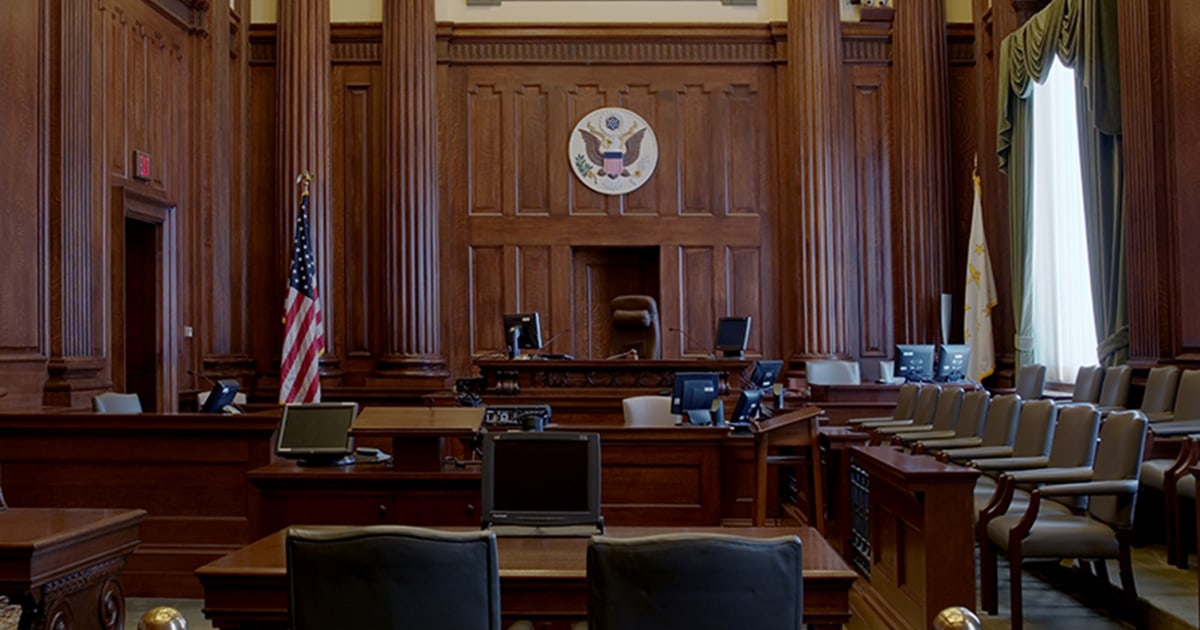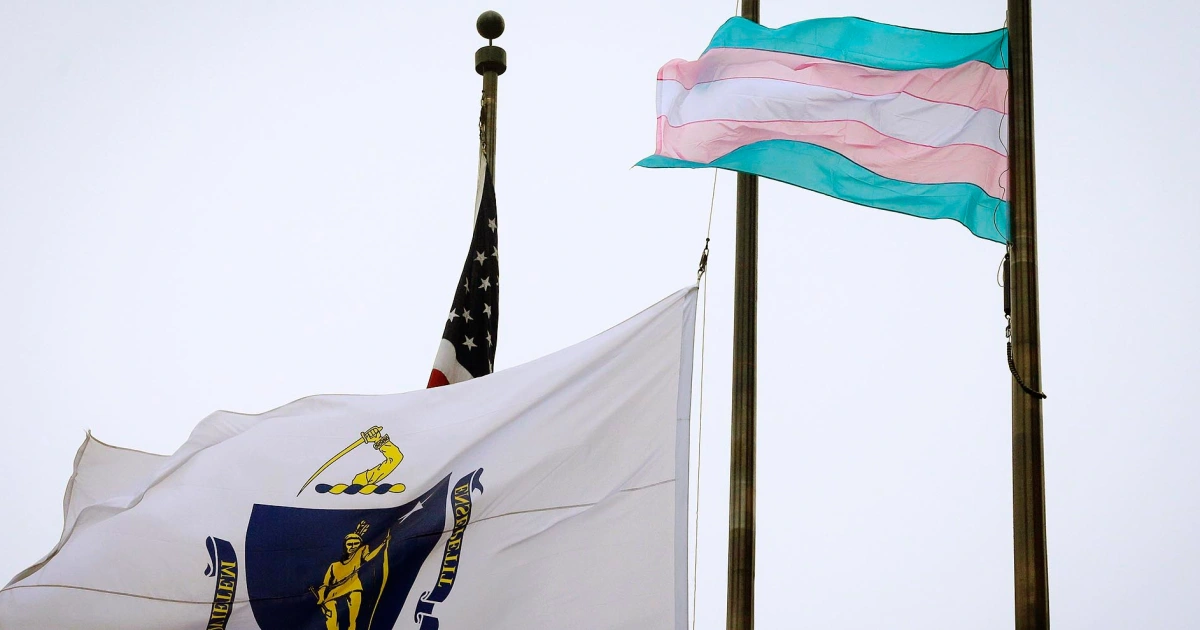A federal judge in Rhode Island on Monday said that the Trump administration had violated his order halting a sweeping federal funding freeze and ordered the government to “immediately restore frozen funding.”
U.S. District Judge John J. McConnell handed down the order after the plaintiffs in the case, a coalition of 22 states, said the government had not restored funding in several programs despite his Jan. 31 order temporarily halting the wide-ranging Office of Management and Budget directive that had caused chaos and confusion across the country.
“The States have presented evidence in this motion that the Defendants in some cases have continued to improperly freeze federal funds and refused to resume disbursement of appropriated federal funds,” McConnell wrote, even though his order lifting the freeze had been “clear and unambiguous.”
It’s the first time since President Donald Trump’s second inauguration that a federal judge has accused his administration of defying a court order.
Justice Department lawyers argued in a court filing that they didn’t believe the order covered some of the frozen funding and that some of the funding at issue is under review to make sure it’s “appropriate.
“The Defendants now plea that they are just trying to root out fraud. But the freezes in effect now were a result of the broad categorical order, not a specific finding of possible fraud,” McConnell wrote. “The broad categorical and sweeping freeze of federal funds is, as the Court found, likely unconstitutional and has caused and continues to cause irreparable harm to a vast portion of this country.”
He said the “pauses in funding violate the plain text” of the temporary restraining order he issued on Jan. 31, and ordered that funding be immediately restored for the duration of the time his TRO is in effect. The order is expected to remain in place until at least a hearing on a preliminary injunction later this month.
In its filing last week asking the judge to take action, the coalition argued that “Jobs, lives, and the social fabric of life in the Plaintiff States are at risk from the disruptions and uncertainty that have continued now a full week after entry of the Order.”
The Justice Department did not immediately respond to a request for comment. It filed a notice of appeal late Monday for both of McConnell’s orders.
The OMB memo, which was later rescinded, directed federal agencies to “temporarily pause all activities related to obligation or disbursement of all Federal financial assistance, and other relevant agency activities that may be implicated” by Trump’s executive orders, including, but not limited to, financial assistance for foreign aid, nongovernmental organizations, DEI, woke gender ideology, and the green new deal.”
In his ruling last month, McConnell found those directives appeared to fall outside the scope of the president’s authority.
“The Executive’s action unilaterally suspends the payment of federal funds to the States and others simply by choosing to do so, no matter the authorizing or appropriating statute, the regulatory regime, or the terms of the grant itself. The Executive cites no legal authority allowing it to do so; indeed, no federal law would authorize the Executive’s unilateral action here,” his decision said.
“Federal law specifies how the Executive should act if it believes that appropriations are inconsistent with the President’s priorities — it must ask Congress, not act unilaterally,” he wrote.
“Are there some aspects of the pause that might be legal and appropriate constitutionally for the Executive to take? The Court imagines there are, but it is equally sure that there are many instances in the Executive Orders’ wide-ranging, all-encompassing, and ambiguous ‘pause’ of critical funding that are not,” the ruling said.











